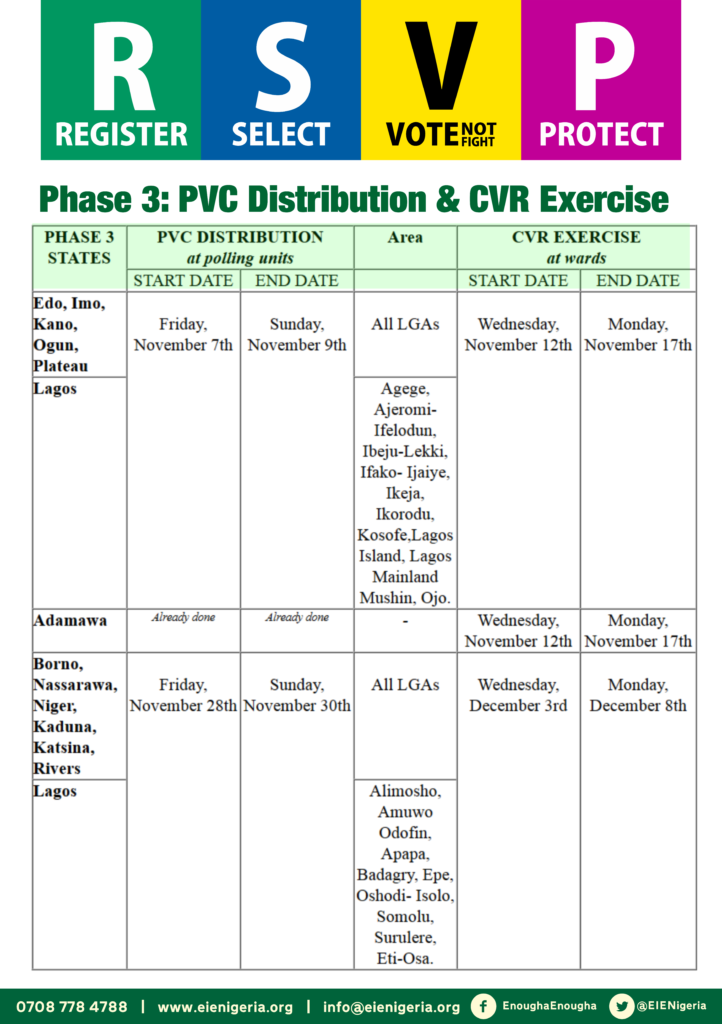In life, there are certain scenarios, people and experiences that we encounter that stick with us for life and shape the way we view the world around us. I in my 2+ decades on this earth have encountered a few moments and people like that.
But what sparked this blog post, in particular, was a thread on Twitter that caught my eye; a thread by @gimbakakanda which gave an anecdotal relay of an experience he had like the one mentioned above. In the thread, he explained meeting a middle-aged man in the university library and because of the way he was dressed subconsciously expected him to be the University Janitor. Whereas to his surprise, he turned out to be a Minister of foreign policy, South Africa. Regardless of who he was, it is highly important that we ‘look beyond the surface’ and try to reduce our unconscious biases. When interpreting the anecdote there was a lot of different lessons that I took from it; one that stood out to me, in particular, is the issue of class and how this causes Nigerians to navigate the space and people around them. Class and the need to express this outwardly through the use of material items is something that I have noticed takes precedence in the Nigerian society.
This further perpetuates the idea of judging a book by its cover but also interacting with people based on where you have inferred that they fit in on the social hierarchy. Bauman put it best when he explored how identity is constructed In a post-modern world; he explored the era of the ‘new poor’, he found that in society today rather than being defined as poor based on your lack of employment this has shifted and now the label of being poor is attached to you based on your consumption or the lack of.
We live in a society where status and importance are defined by choice of clothing, the type of car one possesses, the number of designer items a person owns and the glamorized lifestyle of people. Little importance is paid on the value or character of a person – whether poor or rich, different individuals come with a wealth of knowledge and experience that could be the answer to your array of questions.
Nigeria and it’s ‘fetishization of commodities’ is a conversation that I often indulge in, asking myself and others around me, if it is something we adopted and developed from the ‘West’ or if it has been innate to our ancestors from the pre-colonial times. It would be a difficult question to answer, but what is clear is that the ‘West’ and the idea of capitalism as an economic system has encouraged the idea of luxury items to buy one’s way into position on the social hierarchy.
So, in regard to the wealth disparity, it would be naïve to dispute the role the government’s complacency has had on poverty across the country. When exploring inequality in Nigeria it is often suggested that the nation’s population is too vast, therefore their economy cannot end the poverty that it’s the populate experience. However, this a misconception as analysis shows that with Nigeria’s current GDP and the vast amount of natural resources should help create better standards of living. However, as we are aware, Nigeria is a nation with the most thriving economy in Africa and a country with an extremely high GDP. There are many reasons why we see the highest level of poverty within the nation; many have suggested that it is due to a lack of oversight and high levels of corruption within the government.
By Dolapo

